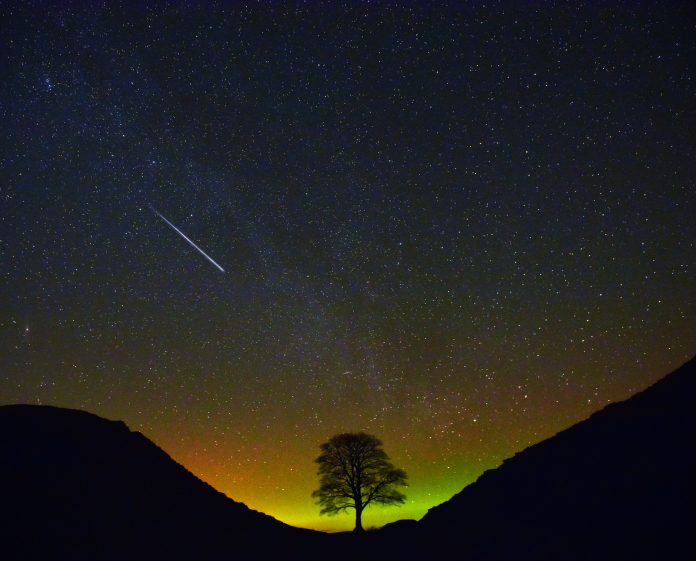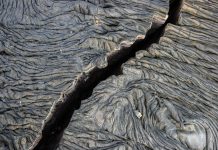The northern region of England had its skies lit up in pink, green, and yellow hues lights following a captivating northern lights spectacle
Photographers in the Lake District and Northumberland documented the captivating natural phenomenon on Tuesday evening.
The aurora borealis occurs when atoms within the Earth’s upper atmosphere collide with energetically charged particles emanating from the sun, creating luminous light.
The aurora’s vibrant and enchanting colours were also observed in other parts of the United Kingdom, including Scotland, Yorkshire, and Cornwall.
Many photographers stayed up to catch a glimpse of the display. A yellow glow was captured near Haweswater Reservoir in Cumbria. Parts of Northumberland were also lit up with people seeing the lights at Rothley Castle, Bamburgh lighthouse and near Holy Island Causeway.
How the Aurora Borealis occurs
The northern lights occur from the interaction between the solar wind, a stream of charged particles from the Sun, and Earth’s magnetic field and atmosphere.
As the solar wind approaches, it distorts Earth’s magnetic field, allowing some solar particles to enter the atmosphere near the magnetic poles. These particles excite gases in the atmosphere, causing them to emit light, similar to a fluorescent tube.
Sometimes, the solar wind can cause Earth’s magnetic field lines to disconnect temporarily and snap back into place. This event pushes more solar particles into the atmosphere, creating the aurora. Further south, the Northern Lights can be seen depending on the extent of these magnetic field line disruptions.
An unlikely event
The Aurour can occur any time of the year, but the key factor to be able to observe it is the clear dark skies. As we approach the peak of solar activity in 2025, sightings are expected to become more frequent.
During the summer, there’s only a brief window of opportunity, often just a few hours, when the skies are dark enough for viewing.
Now that we are coming into early autumn with longer nights, it’s common to see the northern lights in North-East England and Cumbria. However, such a vivid sighting this early autumn is rare.
The Aurora Borealis made an appearance on the North Coast at Benone Beach last night, peaking just after midnight. @bbcniweather @VisitCauseway @angie_weather @barrabest @WeatherCee @CCAGTourismTeam @WeatherAisling @Louise_utv @linzilima @hagan_utv @aurorawatchuk pic.twitter.com/Ndb9U5hw9d
— Aerial Vision NI (@aerialvisionni) September 13, 2023











